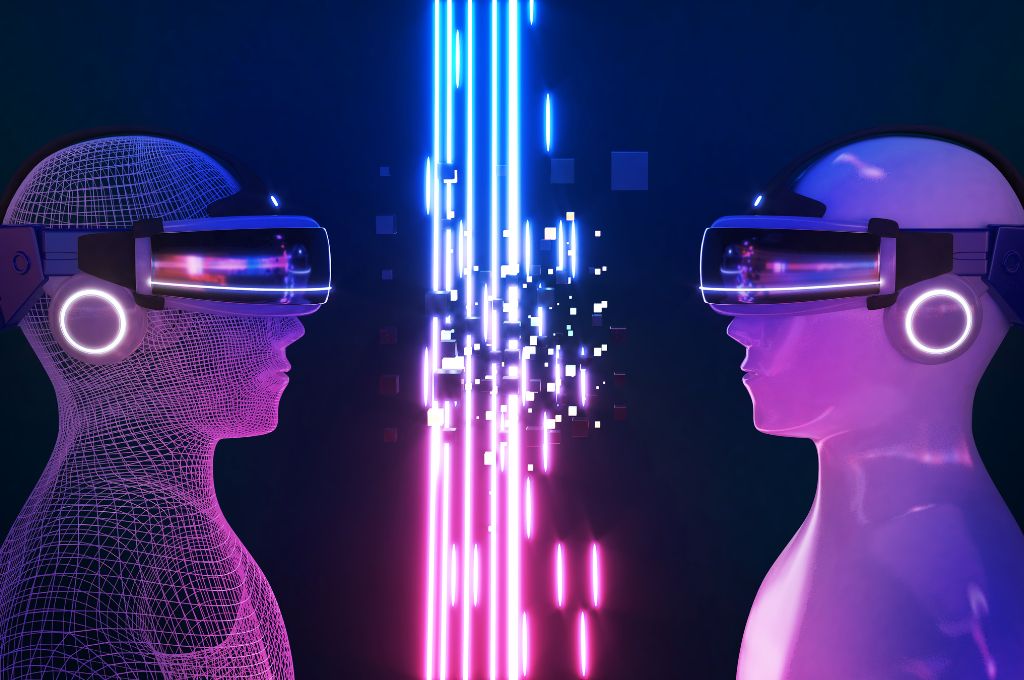As the world dives deeper into the digital era, the field of artificial intelligence (AI) presents a unique paradox. On one hand, we are witnessing remarkable advancements in AI technologies, typified by generative models such as OpenAI’s ChatGPT and Google’s BARD. On the flip side, a growing chorus of experts is sounding alarm bells, urging for more stringent control mechanisms to mitigate the potential misuse of these powerful tools. This dichotomy underlines the immense promise and peril embodied within AI.
The Strides of AI: ChatGPT and Beyond
In recent years, generative AI has made considerable strides. ChatGPT, an offspring of OpenAI, stands as a testament to this progress. Its ability to generate human-like text based on the prompts it receives has earned it widespread acclaim. Anticipation now surrounds the development of its successor, GPT-5, which promises to break new ground.
However, these rapid advancements have ignited concerns among seasoned professionals in the AI field. A coalition of over a thousand AI experts has rallied together, expressing significant worries about the repercussions of unchecked AI development.
An Unprecedented Rally for Control
- This collective concern has led to the penning of a significant open letter. Key points from the letter include:
- The signatories, including AI industry luminaries like Sam Altman, Demis Hassabis, Jeffrey Hinton, Yoshua Bengio, and tech giants such as Elon Musk and Steve Wozniak, urge AI developers to hit pause on their work for at least six months.
- This proposed hiatus aims to allow the community to establish safe practices for the creation and development of advanced AI systems.
- The letter reflects fears that AI systems with human-level intelligence could pose substantial societal and human threats.
- It proposes new governance systems to regulate AI development and hold AI labs accountable for potential harm.
Despite the urgency, the letter culminates on a hopeful note, looking forward to a future where humans and AI systems harmoniously coexist.
Also read: A Comprehensive Study of GPT-5 and the Call for Responsible Artificial Intelligence
The Future Hangs in the Balance
The paradox of AI progress and potential pitfalls leaves us standing at a crossroads. The ceaseless pursuit of AI advancements has been challenged by the cry for caution and control, putting organizations like OpenAI in a delicate position. With their reputation and financial future intertwined with AI research, their response to the call for a moratorium is uncertain.
The Compelling Middle Ground: Responsible AI Development
In the middle of these converging forces, a new dialogue is emerging — one that does not advocate for a complete halt to AI advancements but instead calls for a more responsible approach. This perspective includes:
- Conducting exhaustive tests and implementing stringent regulations to ensure AI safety.
- Developing ethical principles guiding AI deployment.
- Promoting transparency and accountability from organizations developing AI systems.
- Encouraging multidisciplinary collaborations to ensure AI technologies align with societal needs and human values.
This integrated approach emphasizes the importance of harnessing the power of AI responsibly and safely. The advancements of AI should not overshadow the essential need for control, transparency, and ethical usage.
As we stand on the brink of an AI-dominated future, the question remains: Will we witness the dawn of a new era marked by the advent of GPT-5, or will we head towards a future where AI development is conducted with utmost caution and control? In either case, the crux remains that we navigate this path responsibly, maximizing AI’s benefits while minimizing potential risks.
















